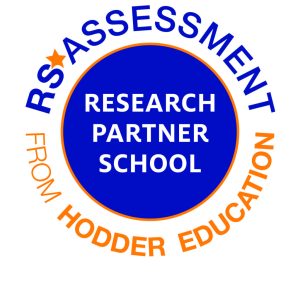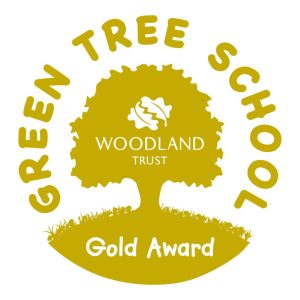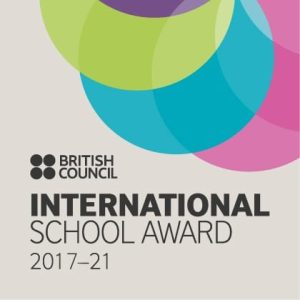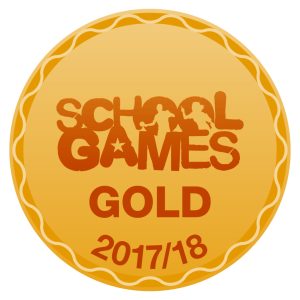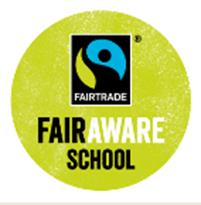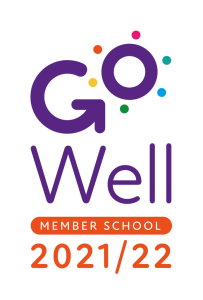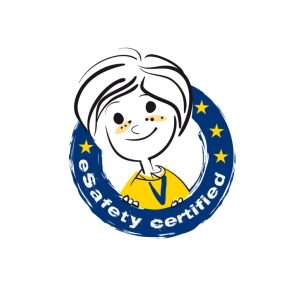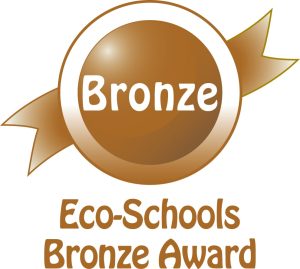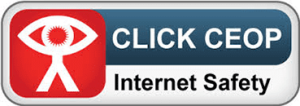What we say about Geography at Dean Bank Primary School
Tyler – It’s nice, I get to learn about the world.
Ciara – I like that it’s fun and I like learning different things about land features.
Carter – I like the writing in Geography.
Jessica M – I have enjoyed learning about forests.
Our Intent
Our Geography curriculum is designed to develop children’s curiosity and fascination about the world and its people that will remain with them for the rest of their lives. Children investigate a range of places both in Britain and abroad to help develop their knowledge and understanding of the Earth’s physical and human processes. We are committed to providing children with opportunities to investigate and make enquiries about their local area of Ferryhill and its surrounding areas so that they can develop of real sense of who they are, their heritage and what makes our local area unique and special. We also developing the children’s ability to apply geographical skills to enable to confidently communicate their findings and geographical understanding to a range of audiences. Through high quality teaching, we develop the following essential characteristics of geographers:
- ·An excellent knowledge of where places are and what they are like, both in Britain and the wider world.
- A comprehensive understanding of the ways in which places are interdependent and interconnected.
- An extensive base of geographical knowledge and vocabulary. · Fluency in geographical enquiry and the ability to apply questioning skills, as well as effective presentation techniques.
- The ability to reach clear conclusions and explain their findings. · Excellent fieldwork skills as well as other geographical aptitudes and techniques.
- The ability to express well-balanced opinions, rooted in very good knowledge and understanding about current issues in society and the environment.
- A genuine interest in the subject and a real sense of curiosity about the world and the people who live here.
Long Term Plans
Progression of Skills
Geography Progression of Skills
Useful websites
Whole School:
https://www.natgeokids.com/uk/category/discover/geography/
https://www.ducksters.com/geography/
KS1:
https://www.bbc.co.uk/bitesize/subjects/zcdqxnb
KS2:
https://www.bbc.co.uk/bitesize/subjects/zbkw2hv
Archived Curriculum Work
You can view our Archived Geography Curriculum work on our website.

